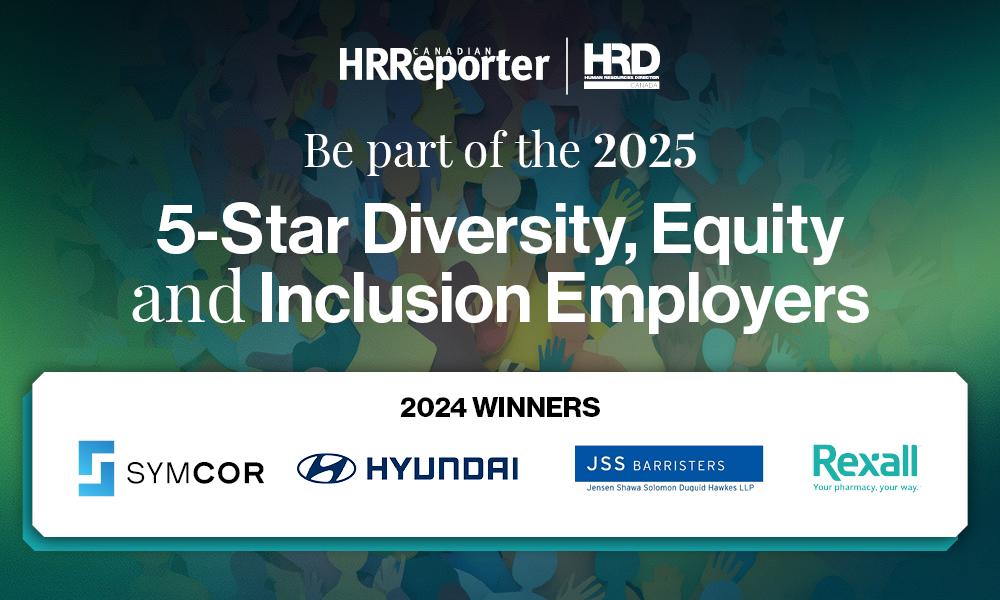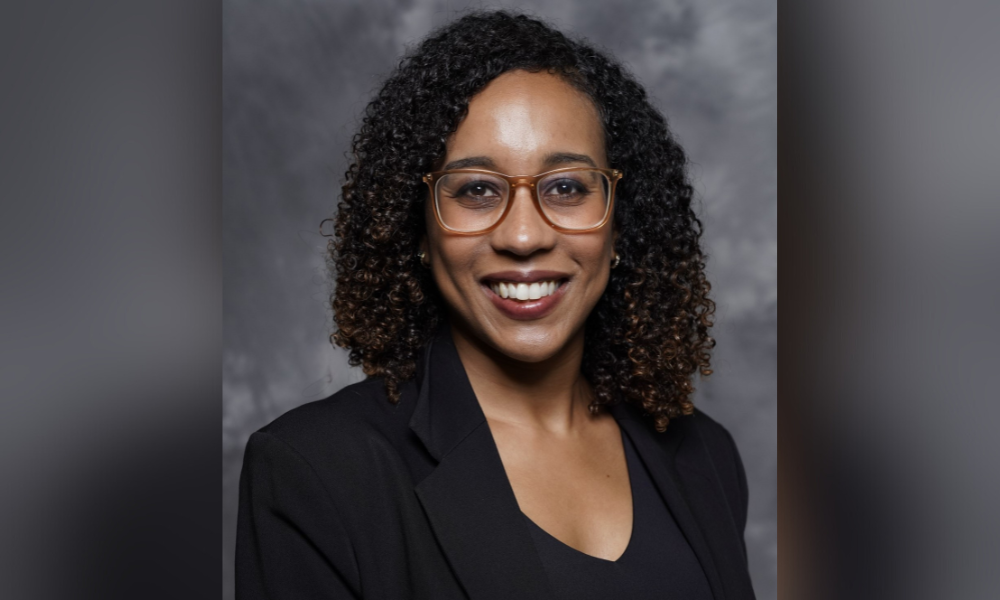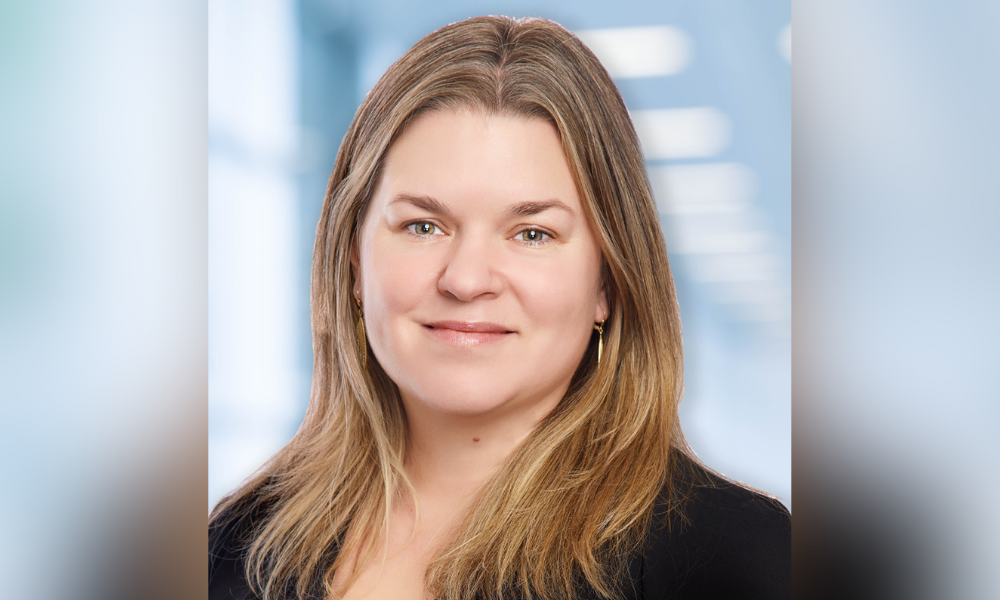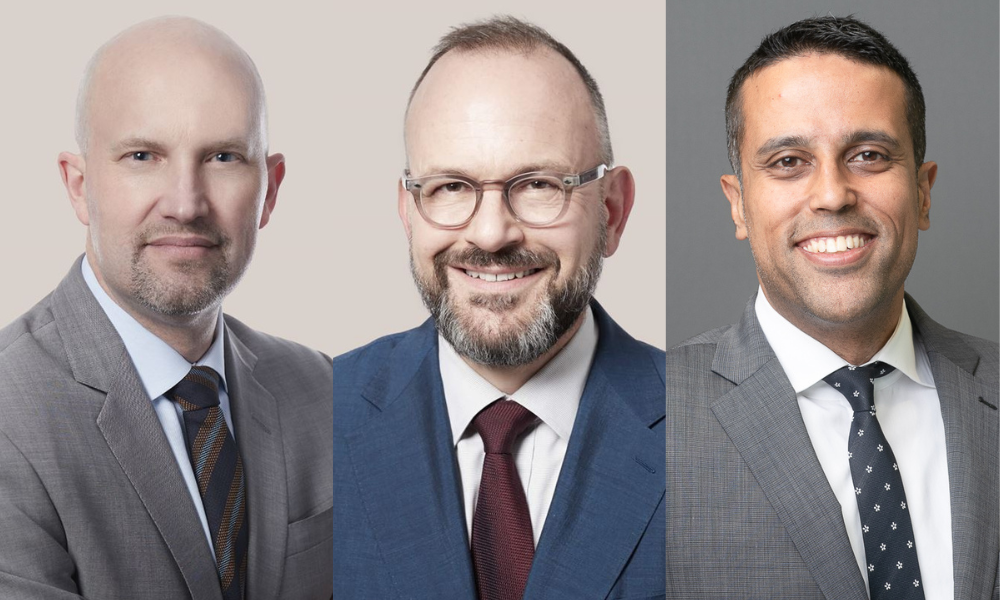Retirement plans similar to employees without ailments: study

By John Dujay
Personal health may be a factor for older workers in deciding when to retire, but it’s not as big a factor as previously thought, according to a new study by the Institute for Work & Health (IWH).
Despite experiencing more pain and fatigue, older workers with arthritis, diabetes or both were no different from their healthy peers in their retirement plans, found the study, based on interviews with 1,500 workers ranging from 50 to 67 years old.
Across all groups, respondents planned to retire from their current job around the age of 65. Half expected to keep working part-time up to the age of 66, and one in 10 said they never wanted to stop working.
“When I would hear people talk 10 years ago, there was a sense of ‘Oh, if we lose mandatory retirement, we won’t be able to plan anything. They’re going to be in poor health and we’re going to struggle,’” says Monique Gignac, associate scientific director at the IWH in Ottawa and co-author of the study. “[So] it was a bit surprising that health wasn’t a bigger driver.”
“There’s a tendency to think that everything will be driven by the pain that these people experience or the fatigue. That wasn’t the case,” she says. “It was certainly important, health, when it came to people feeling uncertainty around retirement and whether they might have to retire sooner than planned. But an awful lot that was going on involved other kinds of factors.”
Personal health in the workplace is a growing issue, but it’s not the disaster people may be expecting, says Gignac.
“Workers were not actually drawing on a lot of expensive accommodations and, in fact, they were making use of a lot of things that already existed,” she says.
“Workers will often sacrifice other parts of their personal lives in order to put work as a priority. [They] sometimes go home and they go straight to bed; they don’t do any other hobbies, they’re putting all their energy and effort into work.”
Other factors involved
Older workers’ retirement plans were sometimes influenced more by work-related factors — such as the type of work they did and the perceptions they had of their work — than by their health conditions, according to the study.
People who expected to retire at a younger age were less likely to see work as having a positive value, found IWH. And those with lower career satisfaction were more likely to say they might have to retire sooner than planned.
Finances are a feature in employee decisions around retirement, according to one expert, but they’re not the only thing.
“With a lot of a lot of people, especially boomers, their identity is connected to their work and their success,” says Bruce Mayhew, professional development trainer at Bruce Mayhew Consulting in Toronto. “The power that they have, the decisions that they get to make, the travel that they get to do, the people that they get to meet, the events that they get to go to — all of that stuff really sits within some people’s identity.”
“If their life has been primarily focused on their career, then it’s like cutting off a limb when they when they go into retirement. You just might not have developed other hobbies, so you feel lost,” says Mayhew.
Advantages of older workers
But having experienced workers around may pay off for the younger workforce.
“What we heard from workers is that there are a lot of mentorship opportunities that they welcome,” says Gignac. “They would actually enjoy taking newer employees under their wing and working with them; sharing their experience and their expertise.”
Millennial employees would do well to take advantage of what older workers have to offer, according to Eddy Ng, the James and Elizabeth Freeman professor at Bucknell University in Lewisburg, Penn.
“A lot of people talk about knowledge transfer being critical but it’s not knowledge transfer, we call it knowledge exchange, because older workers provide what I refer to as the ‘reservoir of calmness.’ Organizations go through turbulent periods, ups and downs, but older workers, having managed change, are able to provide that stability, that calmness to the younger millennial managers,” he says.
And by taking advantage of these “fantastic opportunities, that reinvigorates the boomer and invigorates the millennial,” says Mayhew. “You are able to cross-train with a gen Xer and a millennial or a millennial and a boomer, where the millennial might be teaching the boomer about what is social media and the boomer is sharing the history behind the product or the way that a market has performed over the last 10 or 15 years or how to go into a social environment and network with peers or with senior staff.”
HR responsibility
The study also found more respondents with arthritis or diabetes reported bridged retirement than healthy workers.
With the prospect of more workers staying longer on the job, HR should recognize a lot of workers will want to continue to have some engagement in work, but not necessarily to the same level as before, says Gignac.
“That’s going to be true of workers who may have some health problems, some chronic diseases and they shouldn’t necessarily anticipate that these individuals are going to want to leave,” says Gignac. “There’s this sense that a number of individuals are sometimes looking for their second career so… people are happy to work part-time or have a different kind of job.”
Talking to workers who are nearing retirement age is key, says Mayhew.
“First, they have to decide what type of an arrangement those older workers are going to be part of. Will they come back as experts in the field [who] mentor the newer population? Or are they coming back as [being] full-fledged ‘Roll up your sleeves, you’re a member of the team, and I expect exactly the same thing from you as I did before you retired.’”
Employee accommodation is also important to successfully address the mature worker population, says Ng.
“It doesn’t necessarily mean just workplace accommodations, from a technology or equipment perspective. Older workers may want flexible work arrangements: the ability to work not 60 or 40 hours a week but… 35 or 30 hours a week,” says Ng.
Besides accommodation, HR should consider effecting a culture shift.
“It might be that your older worker wants to come in at 10 and leave by two and so you have to be able to accommodate that within the culture of the organization because they have to be able to be seen as not somebody who’s getting special treatment, because that could create dissension through the rest of the organization,” says Mayhew.




